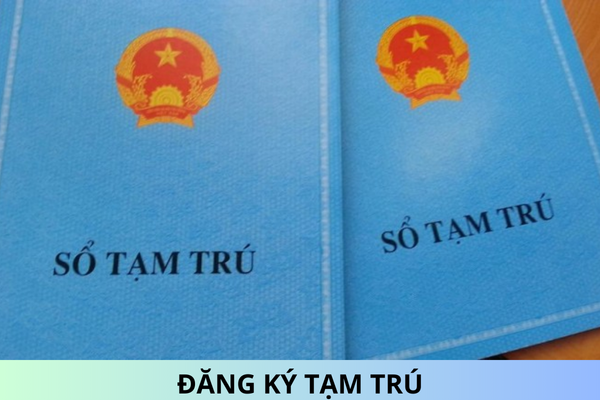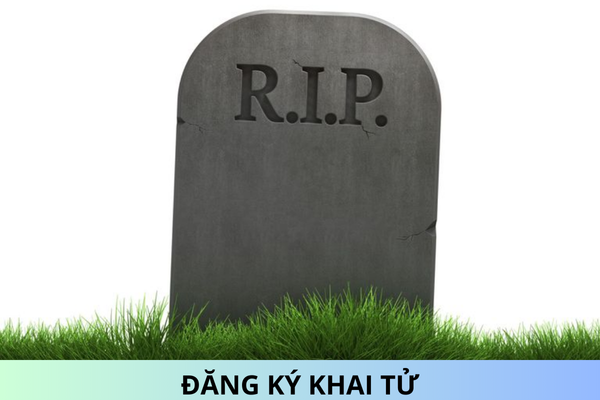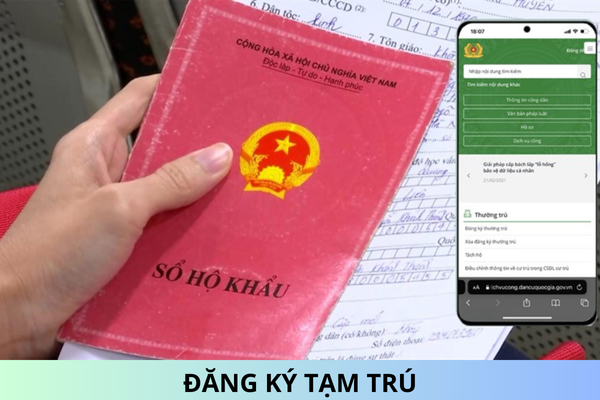What are penalties for the act of usury according to the Criminal Code in Vietnam?
Hello Lawnet. I borrowed 50,000,000 dong from party B with an interest rate of 4,500,000 dong per month. Five months ago, I paid off the principal and three months of interest. Unfortunately, I have been experiencing losses in my business, so the interest amount keeps increasing. Therefore, I am unable to make the payments. Yesterday afternoon, party B sent someone to vandalize my property, throwing shrimp paste and engine oil all over my door and yard. They also threatened to seize my house for not paying the monthly interest in full. Can I report this to the police and file a lawsuit? Does the lending party violate any laws by charging such high interest rates? Thank you!

What are penalties for the act of usury according to the Criminal Code in Vietnam? - image from internet
Pursuant to Article 468 of the Civil Code in 2015 stipulating interest rates:
- The rate of interest for a loan shall be as agreed by the parties.
- The rate of interest for a loan agreed by the parties may not exceed 20% per year, unless otherwise prescribed by law. According to actual conditions and at the proposal of the Government, the Standing Committee of National Assembly shall adjust the above interest and send report to the National Assembly at the latest session.
- If the agreed interest exceeds the maximum interest prescribed in this Clause, the agreed interest shall become invalid.
In this case, the interest rate agreed upon by the parties should not exceed 20% per year of the borrowed amount.
The maximum average monthly interest rate would be: 20% / 12 months = 1.6667% per month.
If you borrowed 50 million dong with an interest rate of 4.5 million dong, it does not comply with the regulations. The maximum average monthly interest rate is 1.6667%, as mentioned above. Therefore, the interest you should be paying is: 50,000,000 x 1.6667% = 833,350 dong per month. Therefore, demanding an interest of 4.5 million dong per month is against the law.
Even if both parties agreed on the interest rate, it should not exceed 20% per year of the borrowed amount, which is equivalent to not more than 1.6667% per month.
Charging 4.5 million dong in interest on a total loan amount of 50 million dong would result in an interest rate of 9% per month.
Pursuant to Article 201 of the Criminal Code in 2015 stipulating usury in civil transactions:
- Any person who offers loans at an interest rate that is five times higher than the maximum interest rate specified in the Civil Code and earns an illegal profit of from VND 30,000,000 to under VND 100,000,000 or recommits this offence despite the fact that he/she has incurred an administrative penalty or has an unspent conviction for the same offence shall be liable to a fine of from VND 50,000,000 to VND 200,000,000 or face a penalty of up to 03 years' community sentence.
- If the illegal profit earned is ≥ VND 100,000,000, the offender shall be liable to a fine of from VND 200,000,000 to VND 1,000,000,000 or face a penalty of 06 - 36 months' imprisonment.
- The offender might also be liable to a fine of from VND 30,000,000 to VND 100,000,000, be prohibited from holding certain positions or doing certain works for 01 - 05 years.
The highest interest rate that the law stipulates per month is 5 times 1.6667% = 8.33%.
Therefore, when the interest rate exceeds the maximum legal rate by more than five times, it constitutes the crime of usury under criminal law. The lender who provided the loan with an exorbitant interest rate has committed the offense of lending with usurious interest. Additionally, the act of throwing shrimp paste, paint, and garbage into your house constitutes a violation of the law. This behavior can be subject to administrative penalties, with fines ranging from 1 to 2 million dong, according to point a, clause 2, Article 7 of Decree 167/2013/ND-CP dated November 12, 2013, which regulates administrative penalties in the fields of security, order, social safety, prevention of social evils, fire prevention and fighting, and prevention of domestic violence.
For violations such as dumping or throwing waste, dirt, or other substances that soil someone else's residence, office, workplace, or production and business premises, the person who committed the violation may be subject to the remedy of "restoring the initial state" to rectify the consequences.
Best regards!










